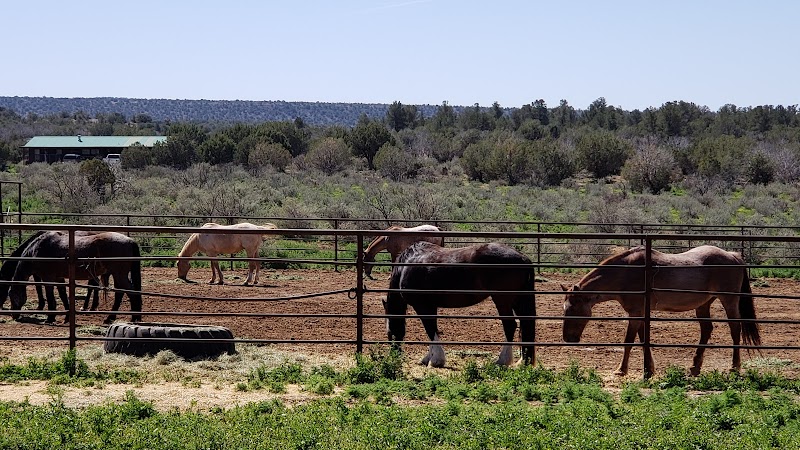
McLain State Park Adventures
McLain State Park offers visitors a combination of scenic coastal bluffs, dense forest trails, and abundant wildlife viewing opportunities in Alaska’s Kenai Peninsula.
About McLain State Park

McLain State Park is located on the Kenai Peninsula near the city of Kenai, Alaska, encompassing over 870 acres of forested land adjacent to the Cook Inlet shoreline. The park features a blend of Sitka spruce and other coastal forest species, with vibrant undergrowth and wetlands that support a diverse range of bird species including eagles and waterfowl. The park's geography includes gently rolling terrain with hiking trails that provide spectacular views of the inlet and the distant Aleutian Range and volcanoes on clear days. Established in 1972, McLain State Park has become a favored destination for local residents and visitors who enjoy outdoor activities such as hiking, mountain biking, picnicking, fishing in nearby streams, and wildlife observation. The park’s relatively easy trail system makes it accessible to families, while its natural setting offers opportunities for solitude and quiet nature appreciation. Notable landmarks within the park include the Bill Berg Trail and viewing platforms overlooking tidal flats rich with marine life. The park is open year-round, with winter offering cross-country skiing and snowshoeing opportunities. Its proximity to the Kenai Airport and the city of Kenai makes it an easily accessible natural area providing a restful retreat from urban life. McLain State Park also plays an important role in local conservation efforts, maintaining habitat corridors between the urban area and the greater Kenai National Wildlife Refuge.
Highlights
Bill Berg Trail offering panoramic views of Cook Inlet
Coastal Sitka spruce forest with vibrant understory plants
Wildlife watching opportunities including bald eagles and migratory birds
Quiet wetland areas ideal for birdwatching and seasonal photography
Notable Natural Features
Bill Berg Trail
A moderate trail providing scenic overlooks of Cook Inlet and distant mountain vistas.
Coastal Forest
Dense stands of Sitka spruce mixed with alder and cottonwood, creating critical habitat for a variety of wildlife.
Wetland Areas
Seasonal wetlands within the park support migrating shorebirds and native amphibians.
